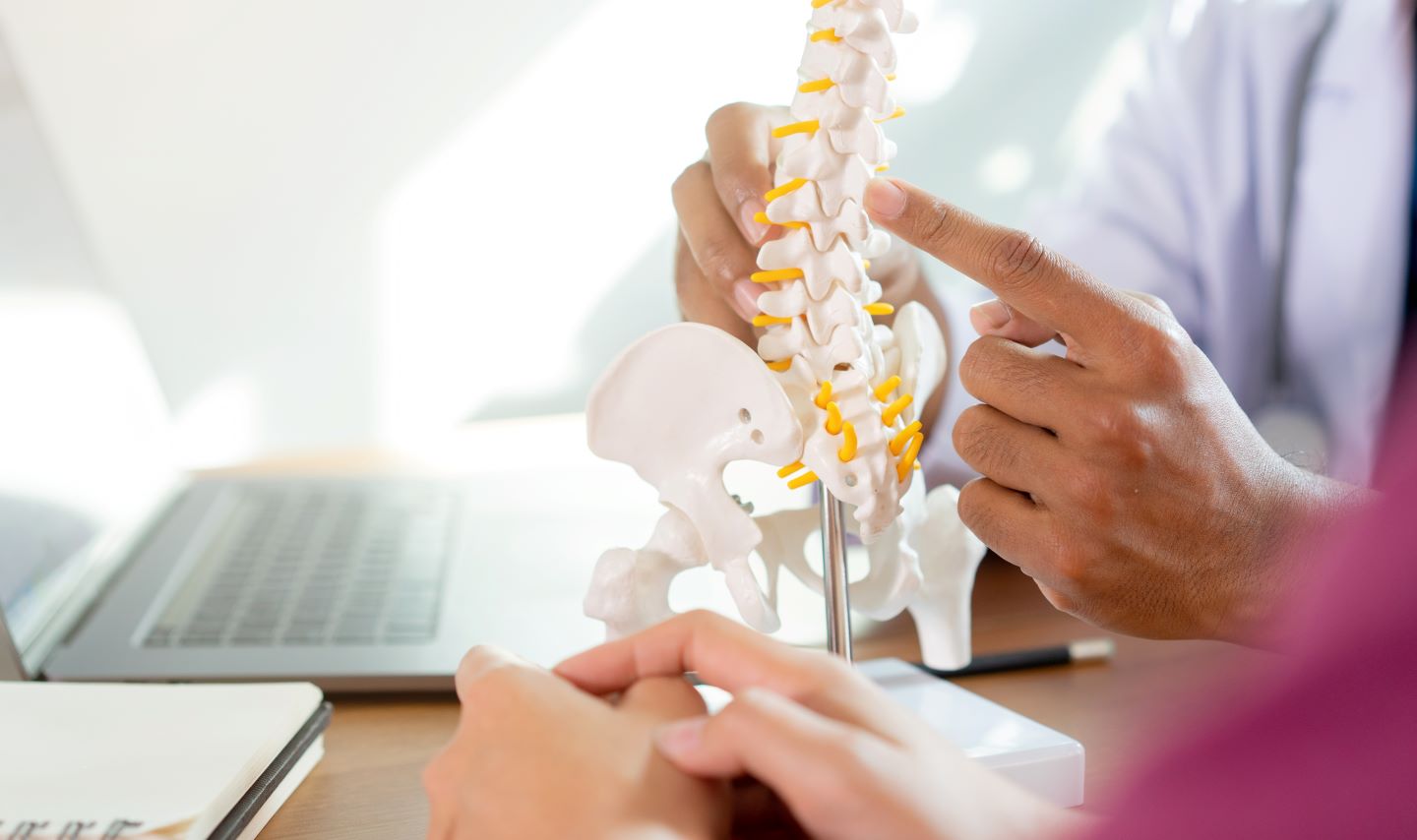Maintaining balance is something most of us take for granted until we start noticing unsteadiness or occasional dizziness. While many people associate balance issues with inner ear problems or aging, one often overlooked factor is the health of your spine. At SpineCare of NY, we understand that spinal health plays a critical role in keeping your body steady and reducing the risk of falls.
How Your Spine Affects Balance
Your spine is not just the structural support for your body. It houses and protects the spinal cord, a vital highway of nerves that connect your brain to the rest of your body. When the spine experiences conditions such as spinal stenosis, nerve compression, or degenerative disc disease, it can interfere with these nerve signals. This interference may manifest as dizziness, difficulty walking, or a sense of instability, even when there is no obvious injury.
Real-Life Scenarios of Spinal-Related Balance Problems
Consider a real-life scenario. Imagine someone in their mid-60s who notices they are suddenly more cautious when walking around their home. They might attribute this to aging, but the underlying cause could be spinal nerve compression affecting their lower back. The nerves that extend from the lumbar spine to the legs are essential for coordinating movement and maintaining balance. When these nerves are pinched or irritated, walking can become challenging, and the risk of falls increases significantly.
Balance problems related to the spine are not always dramatic. Some patients report subtle symptoms, such as swaying when standing still, difficulty standing on one leg, or a feeling of fatigue in their legs after short walks. Over time, these minor issues can progress, making daily activities more difficult and increasing the risk of falls and related injuries.
Tips for Protecting Spine Health and Balance
Protecting your spine is key to maintaining balance. Simple lifestyle habits can have a significant impact:
- Exercise regularly: Low-impact activities like swimming, walking, and yoga strengthen the muscles that support your spine and improve coordination.
- Strengthen your core: Exercises targeting your abdomen and lower back enhance spinal stability and reduce nerve compression.
- Maintain good posture: Sitting, standing, and lifting correctly can prevent unnecessary strain on your spine, helping nerves function optimally.
- Seek professional evaluation early: New or worsening dizziness, unsteadiness, numbness, or tingling in your arms or legs should prompt a consultation.
How SpineCare of NY Can Help
SpineCare of NY emphasizes early intervention when spinal issues are suspected. Advanced diagnostic imaging can pinpoint areas of spinal compression or degeneration, allowing for personalized treatment plans. Depending on your condition, treatments may range from physical therapy and medications to minimally invasive procedures designed to relieve nerve pressure and restore stability.
Fall prevention is a critical aspect of spinal care. By addressing spinal conditions promptly and maintaining overall spine health, patients can enjoy greater independence and confidence in daily activities. Our team of experts offers comprehensive care tailored to your unique needs. From advanced diagnostics to individualized treatment plans, we help patients maintain both spinal health and balance, ensuring they stay steady on their feet.
When to Reach Out
If you have noticed changes in your balance or experience frequent unsteadiness, don’t wait. Contact SpineCare of NY for an expert evaluation. Protecting your spine today can mean fewer balance problems tomorrow and a safer, more active lifestyle.






